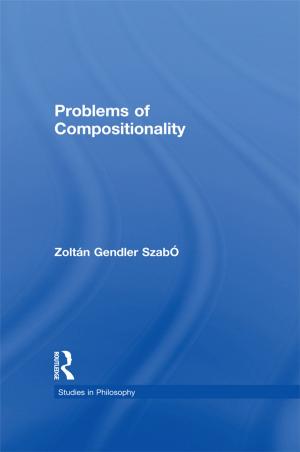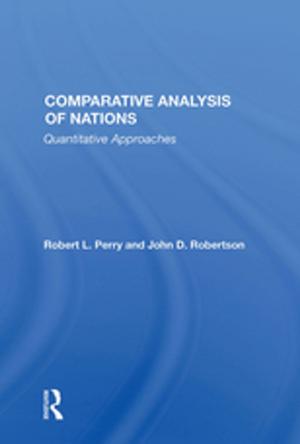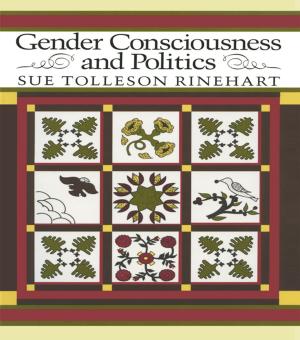The Reciprocity of Perceiver and Environment
The Evolution of James J. Gibson's Ecological Psychology
Nonfiction, Health & Well Being, Psychology, Physiological Psychology, Cognitive Psychology| Author: | Thomas J. Lombardo | ISBN: | 9781315514390 |
| Publisher: | Taylor and Francis | Publication: | March 27, 2017 |
| Imprint: | Routledge | Language: | English |
| Author: | Thomas J. Lombardo |
| ISBN: | 9781315514390 |
| Publisher: | Taylor and Francis |
| Publication: | March 27, 2017 |
| Imprint: | Routledge |
| Language: | English |
Originally published in 1987, this title intended to historically reveal, through tracing Gibson’s development, the substance of his views and how they bore upon general philosophical issues in theories of knowledge, and to investigate in detail the historical context of Gibson’s theoretical position within psychology. Though the author has included a history of Gibson’s perceptual research and experimentation, the focus is to explicate the ‘dynamic abstract form’ of Gibson’s ecological approach. His emphasis is philosophical and theoretical, attempting to bring out the direction Gibson was moving in and how such changes could restructure the theoretical fabric of psychology. He devotes considerable attention to the Greeks, Medievalists, and the founders of the Scientific Revolution. This is because Gibson’s theoretical challenge runs deep into the structure of western thought. The authors’ central goal was to set Gibson’s ecological theory within the historical context of fundamental philosophical-scientific issues.
Originally published in 1987, this title intended to historically reveal, through tracing Gibson’s development, the substance of his views and how they bore upon general philosophical issues in theories of knowledge, and to investigate in detail the historical context of Gibson’s theoretical position within psychology. Though the author has included a history of Gibson’s perceptual research and experimentation, the focus is to explicate the ‘dynamic abstract form’ of Gibson’s ecological approach. His emphasis is philosophical and theoretical, attempting to bring out the direction Gibson was moving in and how such changes could restructure the theoretical fabric of psychology. He devotes considerable attention to the Greeks, Medievalists, and the founders of the Scientific Revolution. This is because Gibson’s theoretical challenge runs deep into the structure of western thought. The authors’ central goal was to set Gibson’s ecological theory within the historical context of fundamental philosophical-scientific issues.















